"Individually, we are one drop. Together, we are an ocean."
~ Ryunosuke Satoro

Connectedness Game Design Challenge
The entry period has ended and the winning connectedness games have been announced.
These contest rules are provided for reference and will be archived at the end of the year.
Contest Judges
The judges for the connected game design challenge.
Contest Overview
An overview of the 2024 game design challenge.
How to Enter
(Note: the Entry Period ended March 17th, 2024.)
Details on how to submit your connectedness game idea for consideration.
How to Prepare
Suggestions and ideas for preparing your connectedness game pitch idea.
Contest Rules
Details about this year's prizes, important contest dates, and the official rules.
About the Contest
Information about the history of the Life.Love. Game Design Challenge including previous themes, winning games, honors, and media coverage.
~ Ryunosuke Satoro


Nick Bowman is an Associate Professor of Emerging Media in the S.I. Newhouse School of Public Communications at Syracuse University. He is a media and communication scholar with an extensive research career focused on the uses and effects of video games. He has published more than 140 peer-reviewed academic manuscripts, with recent studies focused on the functional role of video games in daily life, from video game nostalgia to use of gaming for mood management. He works with other scholars and game developers to advance the study and design of video games for prosocial purposes, including violence reduction and perspective-taking. He is the editor of the Journal of Media Psychology, and was recently the Fulbright Taiwan Wu Jing-Jyi Arts & Culture Fellow at the National Chengchi University in Taipei. He has taught courses on video games and media psychology in Belgium, Germany, Mexico, and Taiwan.
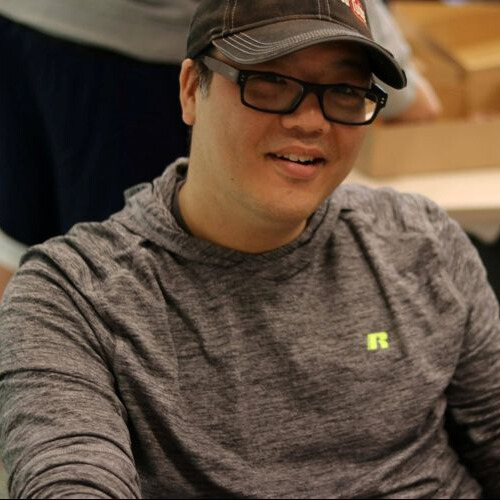
Mark Danger Chen is an independent games scholar and part-time professor of interaction design, qualitative research, and games studies. They oversee Esoteric Gaming, an alternative publication outlet that celebrates gaming diversity through detailed accounts of arcane and marginal gaming practices. Mark also wrote Leet Noobs: The Life and Death of an Expert Player Group in World of Warcraft, an ethnographic account of how a new team learned to excel through the use of game mods and then died in a fiery meltdown catalyzed by the same mods. In a previous life, Mark was a webmaster and game designer for the Oregon Museum of Science and Industry. Mark wants a die-cast 1st generation Soundwave for Christmas. You can reach Mark at @mcdanger.

Drew Crecente (he/him) is founder and executive director of Jennifer Ann's Group and also runs their Gaming Against Violence program. Drew is a teen dating violence lead at Emory's Injury Prevention Research Center (IPRCE) and a published researcher on violence prevention through video games. He speaks at conferences about the use of video games as an innovative intervention for preventing violence and his game production credits include the consent game ADRIFT, the healthy relationship game HONEYMOON, and the media literacy game Culture Overlord, a Games for Change Awards Finalist in the category of Best Learning Game. Drew was selected by Everytown as a 2024 Changemaker for his violence prevention efforts.
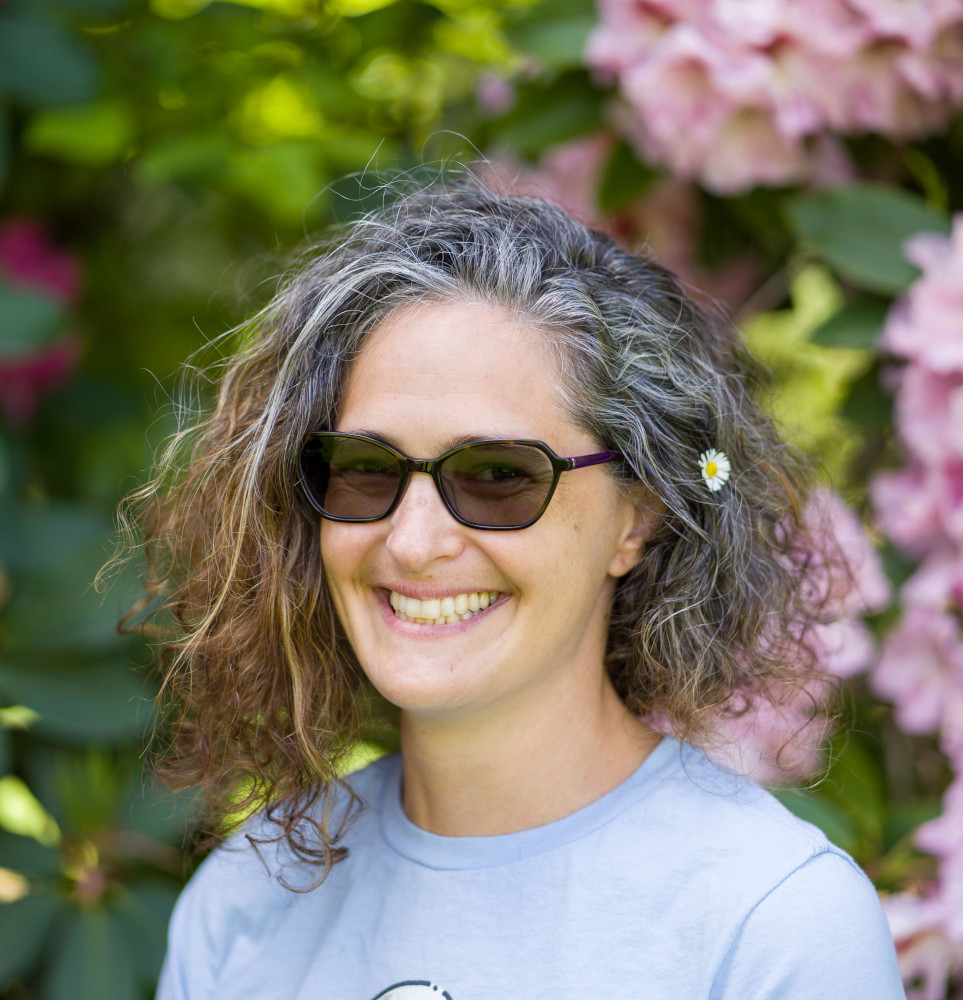
Eve Crevoshay joined Take This as Executive Director in 2018. She is a 20-year veteran of the nonprofit sector, with a focus on fundraising and executing strategy. Her background spans education, social services, and the arts, and she is committed to identifying and enabling systemic change. Eve is a member of the advisory boards for GDC (in the advocacy track), the Fair Play Alliance, The Games and Online Harassment Hotline (gameshotline.org), and The International Game Summit on Mental Health (TIGS.ca); and is the recipient of the inaugural GamesBeat Up and Comer award (2020) and the 2022 Games for Change Festival Vanguard Award. She’s also an avid gardener, cook, and gamer. She lives in the Seattle area with her husband, daughter, and dogs.
Eve is a white, heterosexual, cisgender woman.
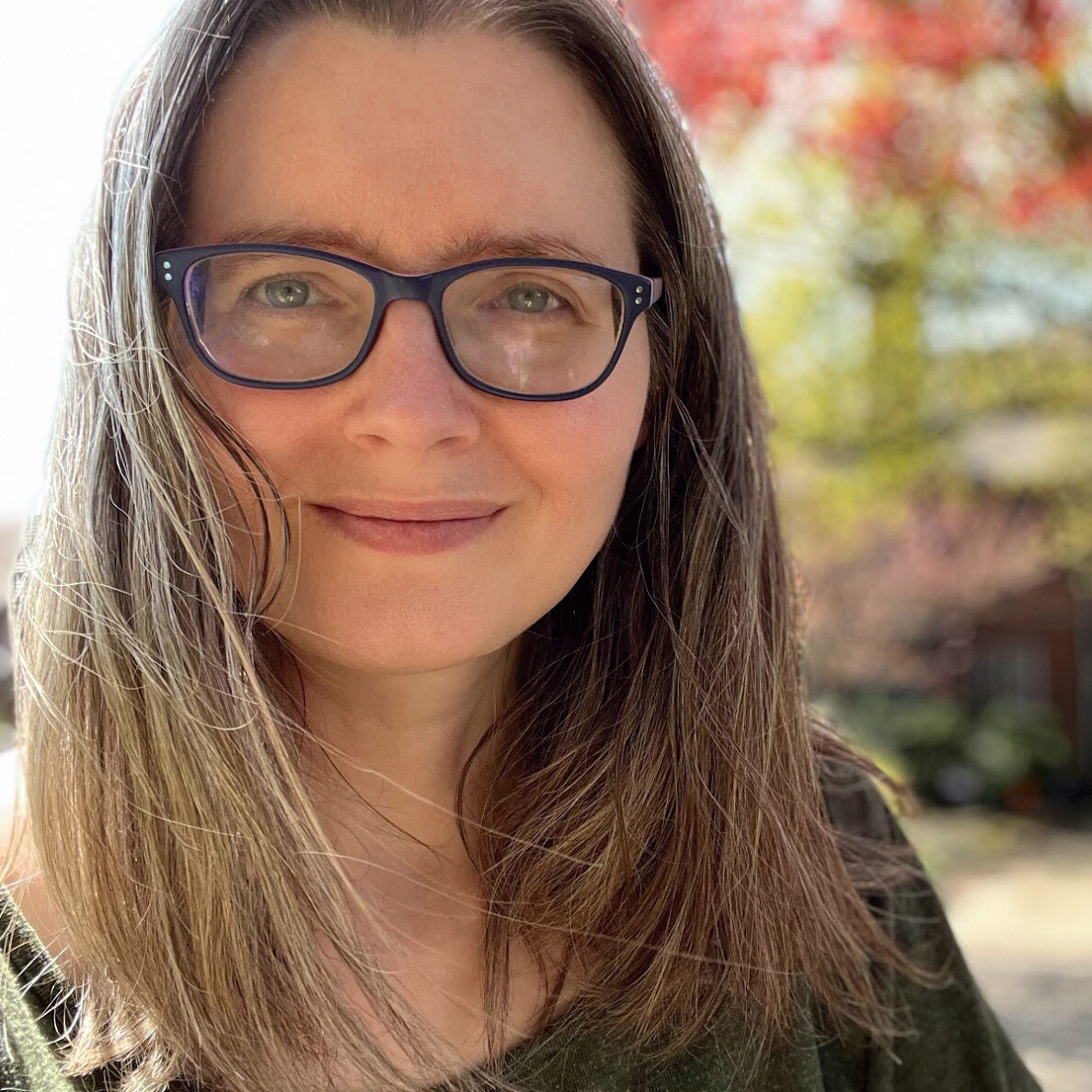
Sabrina Culyba (she/her) is a Pittsburgh-based game designer and founder of Ludoliminal. Her professional work has spanned online games, VR, mobile apps, location-based entertainment, and board games across a variety of industries from healthcare to education. She is the author of The Transformational Framework (ETC Press, 2018) and has spoken on game design and the transformational power of games at a number of conferences including the Games for Change festival, Serious Play, Meaningful Play, and Dataviz+Cancer. Sabrina serves on the Board for Global Game Jam and Broke the Game. She also co-hosts the yearly XR Brain Jam at the Games for Change Festival.
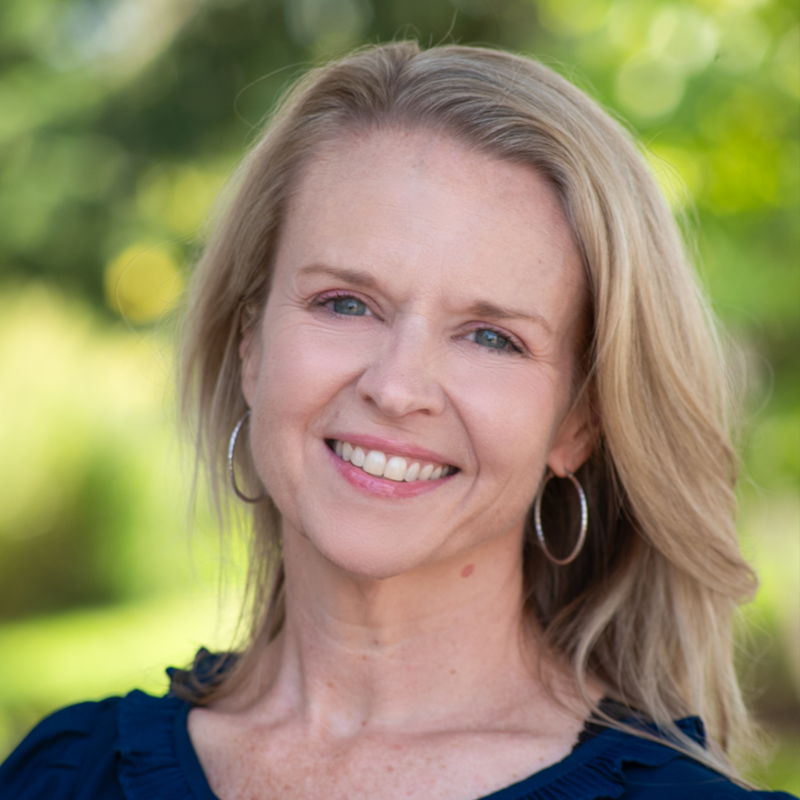
Dr. Kimberly Hieftje is an Associate Professor of Pediatrics and co-director/co-founder of XRPeds at Yale and the new Yale Center for Immersive Technologies in Pediatrics. For the past 15 years, her research has focused on the development, evaluation, and implementation of health and clinical interventions for youth that utilize XR and game technology. Dr. Hieftje has led teams that have developed game interventions focused on topics including e-cigarette, marijuana, alcohol, and tobacco use prevention, HIV/STI prevention and testing, empowering teen girls on their sexual health, bystander intervention, LGBTQ bullying, mental health promotion, and grief/loss of a child. Dr. Hieftje is also the Editor-in-Chief of the Games for Health Journal, the premier journal in the field of serious games for health and clinical applications.

Ruud Jacobs is an assistant professor at the Department of Communication Science of the University of Twente. His research is mediapsychological, mostly focusing on the impacts of persuasive games and the ways in which they work to change attitudes. In 2017 he defended his dissertation, titled Playing to Win Over, as part of the Persuasive Gaming in Context joint research effort. Ruud lectures in technological aspects of communication science, and talks about games whenever he can.

Lucas J.W. Johnson is an author, game designer, and entrepreneur. He’s published several works of fiction including his 2022 debut novel The Clockwork Empire, and is the founder of Silverstring Media Inc., a narrative design and videogame studio. Lucas has experimented with interactive narratives, game design, and emergent storytelling for his whole life, writing stories and running tabletop roleplaying games since he was young. With Silverstring Media, he has written several critically-acclaimed and award-winning games including Glitchhikers: The Spaces Between, Flow Weaver, Extrasolar, and Timespinner.
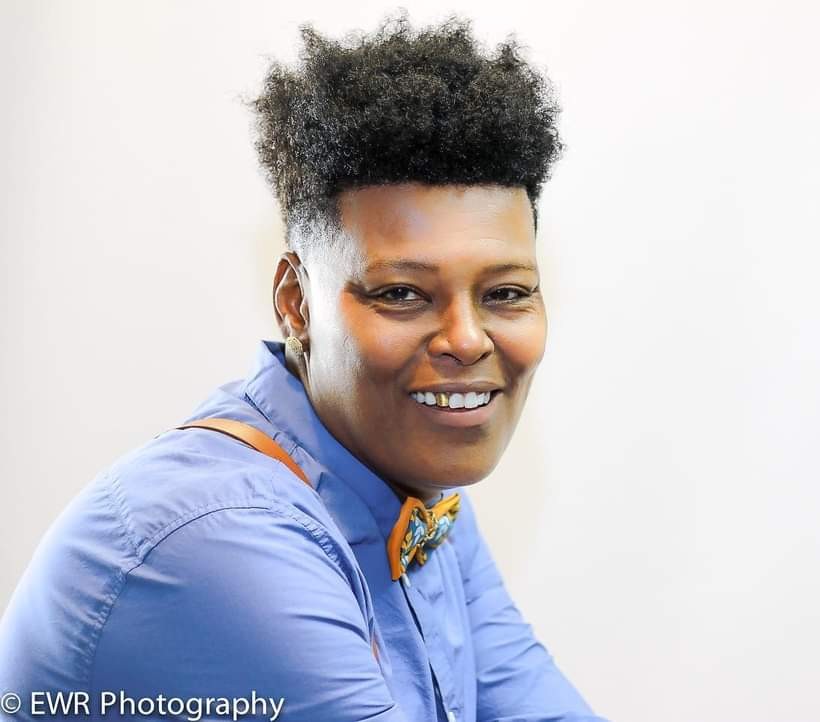
Angela Lee Angela Lee is the formidable love is respect Director at The National Domestic Violence Hotline (The Hotline), where she orchestrates the strategic vision, execution, and day-to-day operations of Love is Respect. Her unwavering mission is to elevate Love is Respect into the nation's premier bastion for disrupting and preventing unhealthy relationships and intimate partner abuse. Angela's leadership empowers young people through education, support, and resources, fostering inclusivity and equity.
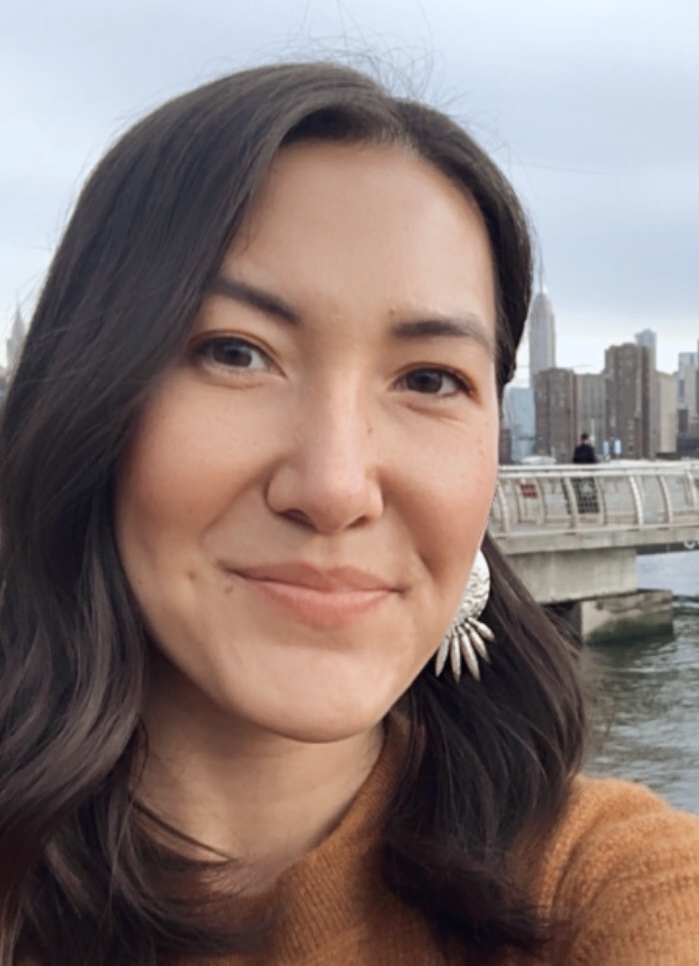
Jane Lee (she/her) is the Senior Director of Operations and Mental Health at the History Co:Lab. With a background in psychology, Jane leads the development of games that foster emotional intelligence, resilience, and social-emotional learning in teens. She ensures that each project aligns with the organization's mission to use games for positive youth development. Jane actively collaborates with educators, researchers, and game developers to create impactful gaming experiences. She has spoken about the intersection of education, game design, and mental health for UNESCO and at the American Psychological Association convention. Jane has served as a judge for the Games for Change Awards and the GEE! Learning Games Award.
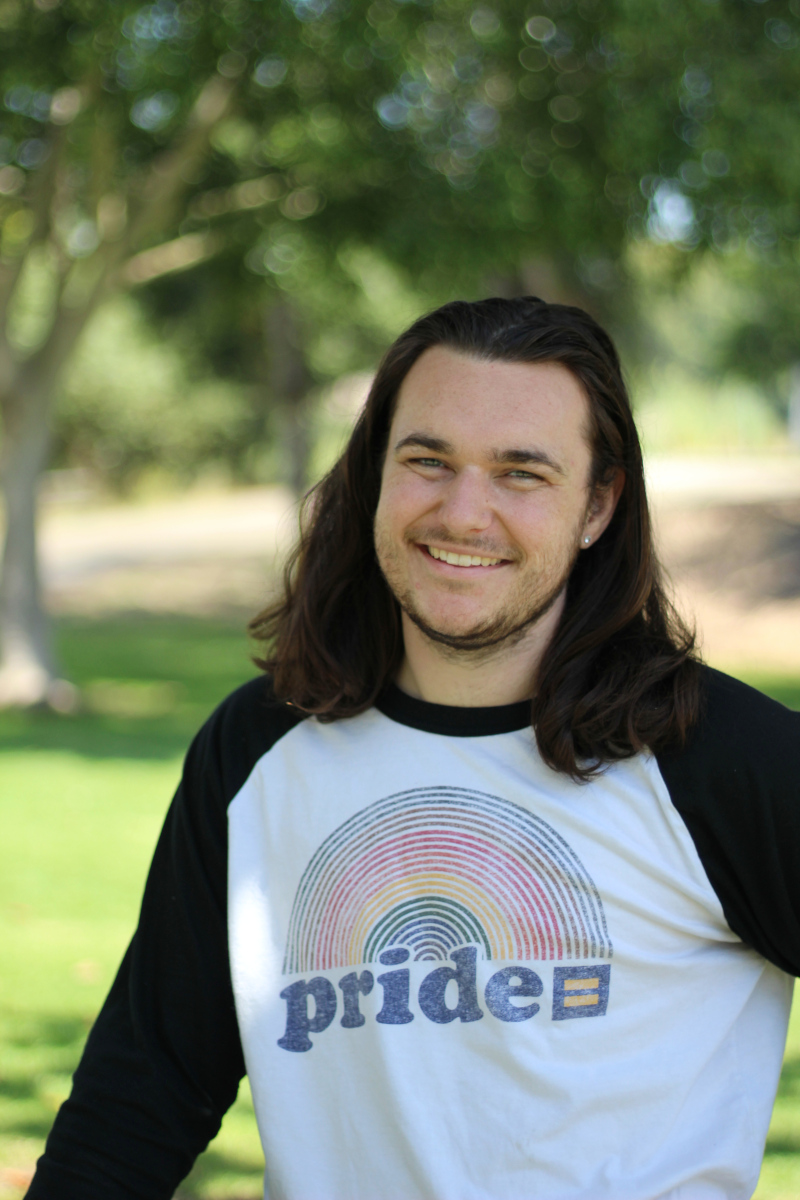
Kai Lewis (they/them) is a Licensed Marriage and Family Therapist in Southern California specializing in LGBTQIA mental health. Lewis works with youth, teens, adults, and relational units to explore identity intersectionality through collaborative and intentional therapeutic processes. They recognize the importance of video and tabletop games as a therapeutic tool for exploration of emotions, social connection, identity exploration and development, and roleplaying, and they regularly employ these techniques to facilitate therapy with patients of all ages. Lewis is also an active member at their local LGBTQIA nonprofit center as an advocate for accessible mental health care for underserved communities, as well as is a speaker, consultant, and author on LGBTQIA and gender diverse mental health and education. Additionally, Lewis is involved in research on how to further support LGBTQIA patient's medical and mental health care through affirming and innovative modalities.
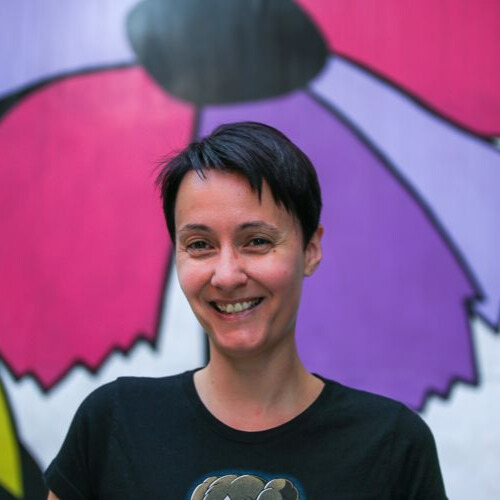
Dr. Krista-Lee M. Malone is an Assistant Teaching Professor in the Department of Curriculum & Instruction’s Game Design Certificate at UW-Madison and Director of the UW Game Lab. Her past research includes studies on World of Warcraft guilds, language games in Taiwan (where she concurrently worked as a designer and consultant) and using game design, Twitch.tv, and Discord in education. Dr. Malone is currently in the field researching positive masculinity and the creation of third places. Outside of research, she is a board member of MKEsports, an alliance aimed at positively growing the culture and connectivity of regional esports groups, gamers, businesses, and community partners. If you want to geek out with her, she is known as GamerAnthro across Bluesky, X, and Twitch.

Dr. Brooke Morrill serves as the Senior Director of Education at Schell Games. Morrill uses her expertise in behavioral science, psychology, and research to increase the impact of and engagement in the company’s educational and transformational games. She identifies and secures extramural project funding in both the federal and private sectors in order to create and iteratively develop innovative, interactive experiences. In addition, she collaborates with universities and research institutions for product development and evaluation. She also maintains an active Board Certified Behavior Analyst-Doctoral credential from the Behavior Analyst Certification Board. Morrill serves on the XR Education and Training Advisory Group for the Academy of International Extended Reality (AIXR), a membership network of industry leaders that helps to enable growth, nurture talent, and develop standards while working to bring wider public awareness and understanding to virtual and augmented reality.
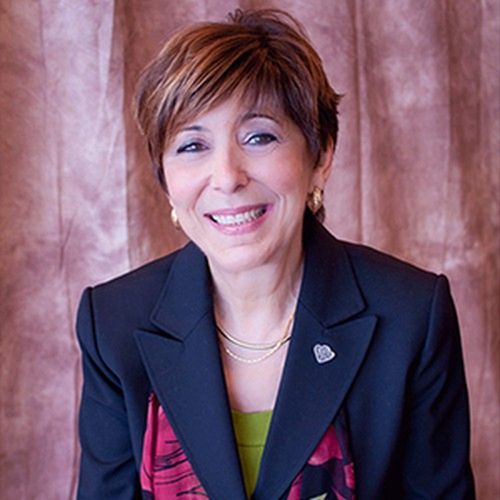
Dr. Elizabeth L. Richeson is a Psychologist in El Paso, Texas, the head of the Advisory Board for Jennifer Ann's Group, and former president of the Texas Psychological Foundation. She was recognized as the 2018 Psychologist of the Year by the Texas Psychological Association; is an expert on teen dating violence; appears regularly on news and talk shows; and lectures nationwide on a variety of issues related to teenagers, young adults, and healthy relationships. She lived and worked in a variety of settings in Japan, Micronesia, South Korea, and Thailand and wrote her doctoral dissertation on Adaptation to Geographic Relocation at Howard University in Washington, D.C. Her clinical and administrative positions have included Program Director of Adult Psychiatric Units, Adjunct Professor at Texas Tech Health Sciences Center and University of Maryland International, and maintaining a full-time clinical practice for more than 30 years. She is considered the area authority on eating disorders for the Air Force and Army for outpatient and inpatient treatment.

Jo Sharpen is a specialist in violence against women and girls, child development and the impacts of trauma. She has a special interest in how the online space can be used to support and empower survivors of abuse. Jo is now a freelance consultant after previously being the director of policy at AVA, a national UK charity.
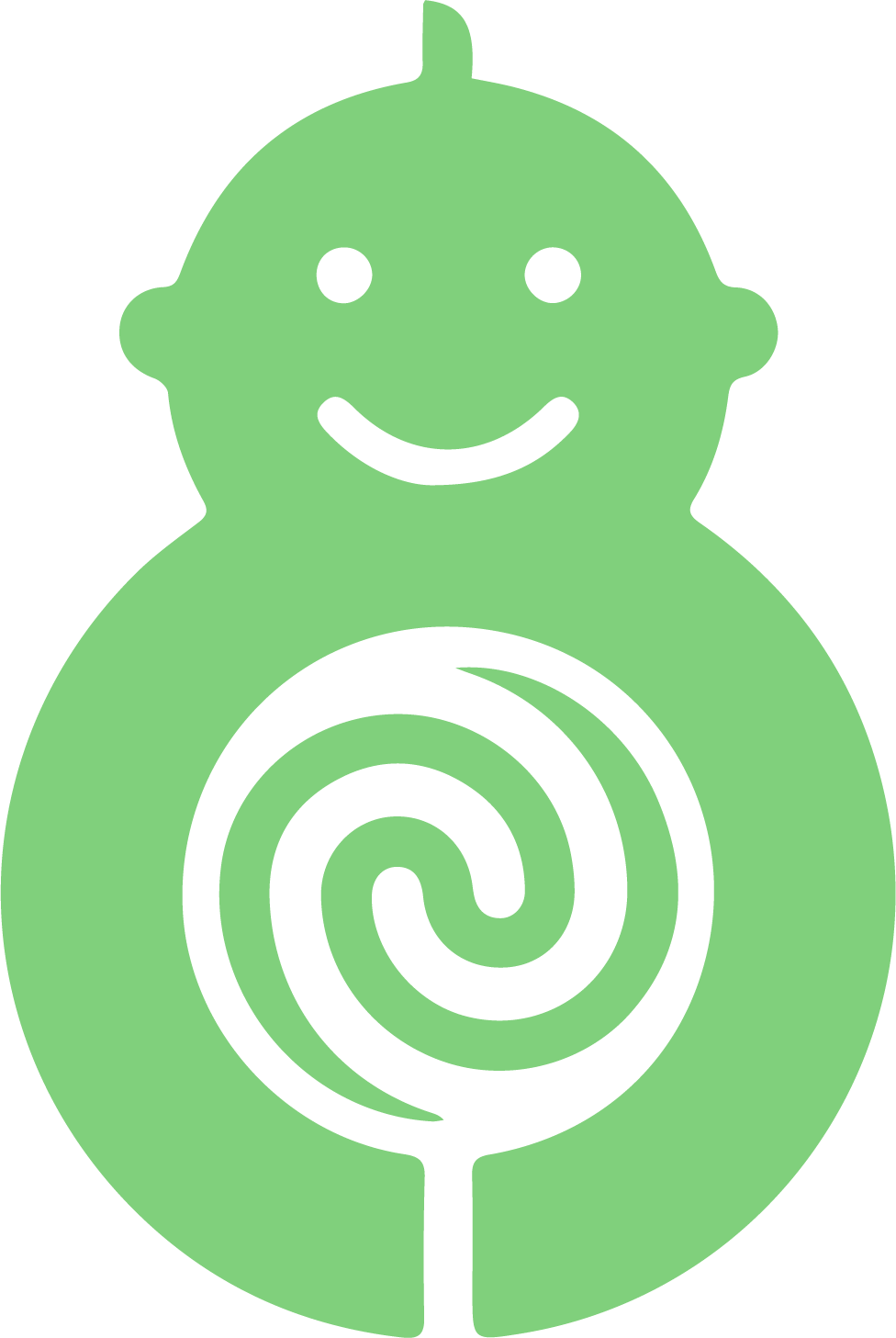
Sweet Baby Inc. is a narrative development and consultation studio based in Montreal and working around the globe. We aim to make games more engaging, more meaningful, and more inclusive, for everyone.
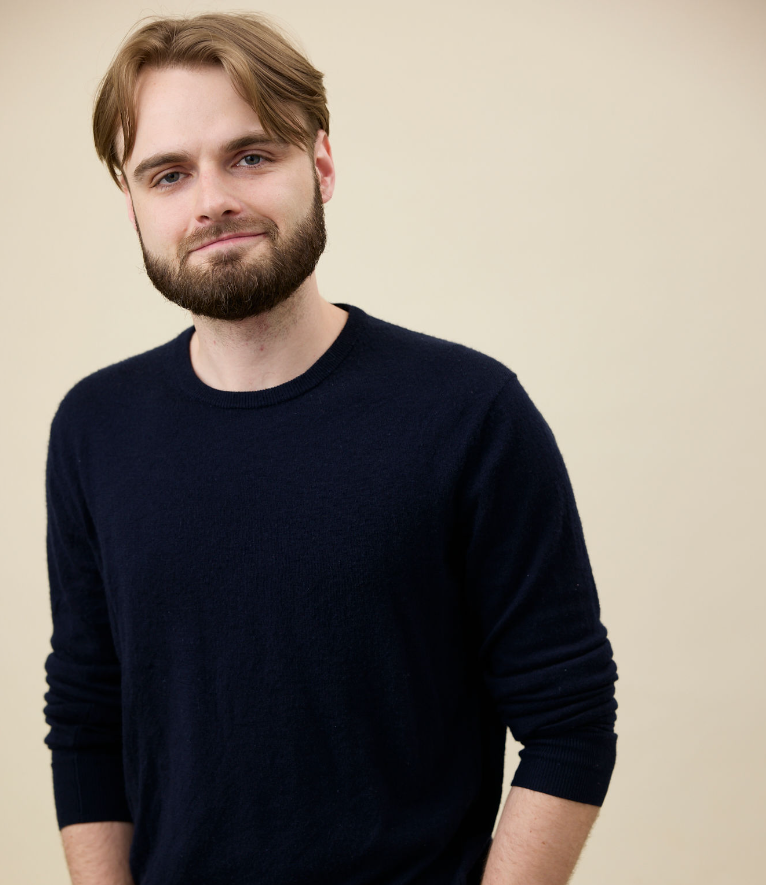
Elliott Tranter works in program and development management at Connected Content, a non-profit dedicated to producing content and experiences that help people navigate mental, physical, and social challenges, empowering them to live more meaningful lives. Elliott holds a master's degree in Economics (STEM) from the Andrew Young School of Policy Studies at Georgia State University. His research in Sports Economics has been featured in conferences across the United States.
Elliott's favorite video games include: Fallout New Vegas, Elden Ring, Skyrim and Stardew Valley.
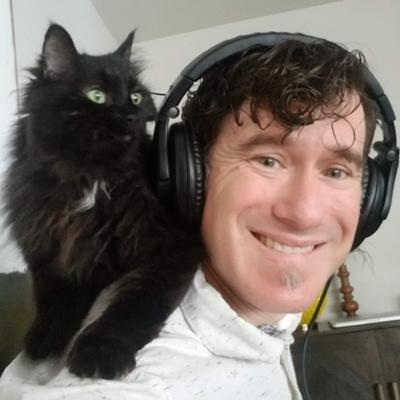
Moses Wolfenstein is a professor at El Camino College in Torrance, CA where he serves as Distance Education Faculty Coordinator and is leading the development of the new Games and Playable Media Department. Moses has been working in and around game design since 2006 as a designer, research, and teacher. His doctoral research with the Games+Learning+Society research group at UW–Madison focused on the intersection of games, learning, and leadership in MMO's.
Every year, Gaming Against Violence™, an award-winning program from the nonprofit charity Jennifer Ann's Group®, produces prosocial games in an effort to improve the lives of young people around the world. Each February, in conjunction with the Teen Dating Violence Awareness and Prevention Month, a new game design challenge is issued for game designers and developers to create compelling non-violent video games about that year's topic.
Previous game challenges have focused on a variety of topics and themes including consent, critical thinking, cultural influences, gaslighting, healthy relationships, and resilience.
This year the game design challenge theme is connectedness.
The game design challenge consists of two rounds:
For Round One, contestants submitted a game pitch using the theme of connectedness by March 17, 2024.
For Round Two, Finalists are selected based on their submitted game pitch. The selected Finalists will then design and develop their connected video game based on their game pitches. Finalists will develop their connectedness video game by June 30, 2024.
More details about the contest process can be found below and in the Contest Rules.
Each Finalist who submits an eligible game is guaranteed a prize of at least $100 (USD). At least one Winning Game is guaranteed a prize of at least $3,000 (USD). The total prize pool awarded to the group of Finalists is $11,000* (USD). All Finalists also receive critiques of their submitted games from subject matter experts in game design, game development, and/or connectedness.
Note: The prize pool for all general Winners and Finalists is $10,000. There is also an additional $1,000 prize for a Student game. Additional details can be found in the Prize section below as well as in the Official Rules.
Further details about eligibility and any other requirements are in the Official Rules.
Details regarding technical requirements, final judging guidelines, and any other pertinent information were distributed to the Connectedness Game Finalists. However, here are some suggestions and limitations:
The primary demographic for your game will be young people ranging in age from 13 - 23. All material should be appropriate for classrooms.
You are pitching an idea for a non-violent prosocial video game intended to help players of your game understand the value and importance of connectedness in their lives. Your game will also encourage players to use tools and strategies that will help them become more connected to the people in their lives and to their communities.
If you can envision a video game that will accomplish these things then we are eager to read your game pitch. We hope you will submit your idea to the connectedness game design challenge.
Tips:
Your Game Pitch will entail you answering the questions below in the online Game Pitch form.
(100-150 words)
(100-150 words)
(Please realize this means that your game does not have to be story-based. It may use other design strategies or could be story-based, as you prefer.) (100-150 words)
(100-150 words)
(100-150 words)
We highly suggest reading all contest information before submitting your game pitch.
For our unique game design challenge, preparation is key. The video games we produce and publish are intended to help make the world a better place and doing so usually requires more preparation than for traditional video games.
1
Learn more about connectedness by visiting and browsing our about connectedness and connectedness resources pages. On those pages you will find information about connectedness. You will also find links to groups that care about social connectedness -- visit the websites of those groups and read about their mission and their programs. There are also links to mainstream articles and to journal articles which we suggest that you read. For research articles, spend some time understanding what the researchers were trying to prove, how they were trying to prove it, and why they thought it mattered. If you find articles that include citations to other papers or research, search for those citations and read those articles also.
You do not have to memorize this information, but as you continue to read and research you should become more familiar with key words and concepts used to describe social connectedness and its importance. Jot down some key concepts and thoughts on a notepad or start collecting links and info in a text document. After spending 1 - 2 hours doing this you will probably have a much better understanding of what is meant when we are talking about connectedness. And if you spend a few more hours than that, you should have an even greater understanding. A nuanced understanding of connectedness will greatly inform, and improve, your game design process.
While researching the topic don't do it in one sitting. Sometimes, especially if a topic is fairly new to you, it can be more helpful to learn about that topic in periods of 20 - 30 minutes, taking breaks in-between. During these breaks allow your mind to consider what you've learned. Think about how games might be effective at engaging young people about social connectedness and imagine what those games might look like. Then, when you later re-visit the topic to do further research consider how any new information might change your earlier perspective for games about connectedness. Be open to new ideas that might completely undermine your initial ideas.
When you have some downtime, allow your mind to consider and re-consider many ideas for a connectedness game. You might find that some of your best ideas come to you in these spaces that occur between periods of research. This should be an iterative process for you, imagining new game ideas and then tearing them down to make room for something new.
Once you've spent some time understanding the topic and allowed yourself to imagine several game ideas, take a step back and ask yourself what your goals are. Although an obvious goal is to submit a game pitch that will be selected as a Finalist, you should think beyond that. If your only focus is to win then it is time to change that focus.
Rather than focus on winning, focus on creating change through your game. Think about the young people you are trying to reach with your game and consider how they will respond. The more you focus on creating a transformational experience through your game, the more likely it is that your game will be a "winning" game.
It's fine if you don't have a team and don't want to join one if you're comfortable managing the game design and development process yourself. However, there are many people who have very clever ideas about impactful games but do not have the background or time to fully develop a game. We want to encourage those people to submit their game ideas.
If you are selected as a Finalist but lack the means to develop a game we will help to try and find people to join you. We will share your needs on our Discord server in the hope that we can find the right person, or people, interested in working with you. Any agreements about prize money and distribution of duties will be up to you, but we will do what we can to help. There are many accomplished artists, writers, and developers who want to join forces with somebody who has already been selected as a Finalist.
Game pitches for Round One of the Connectedness Game Design Challenge were due by March 17, 2024. Visit the How to Enter section for information about submitting your connectedness game pitch idea.
Finalists were selected from the submitted game pitches and will continue to Round Two. The Finalists will then have until June 30, 2024 to develop a connectedness video game based on their game pitch idea.
Anybody age 13+ at the time of entry is eligible to enter (except in countries or regions where prohibited). Officers, employees, and immediate family members of Jennifer Ann's Group and Life Love Publishing are prohibited from entering the game design challenge.
Sorry, but no. Make sure and enter your best game because you only get one chance to enter each year!
Round One of the contest only requires submitting the text of your proposed game narrative. If you are selected as a Finalist you will receive all necessary information for Round Two, including any technical requirements for your final game entry. There are some notes in the Connectedness Game Pitch Submission section, including some technical suggestions and limitations.
Our intention is to be as flexible and supportive of as many different formats as possible but we do need to be able to reliably judge the games and, in the event that it is a winning game, be able to:
If you have any specific questions feel free to ask us.
As with all of our game design challenges no violent content is permitted in the game entries. Games should be age-appropriate for players ages 13 and up.
Registration is from February 29, 2024 through March 17, 2024. The Finalists will be notified by March 23, 2024. The Finalists will have until June 30, 2024 to submit their finished game.
Yes - please just identify a reliable primary contact person when you submit your game pitch on the Round One submission form.
Visit the about connectedness and connectedness resources pages of this website for more information about connectedness as well as links to organizations and additional resources about social connectedness.
Round One of the contest will be judged based on the creativity of your proposed game pitch and the potential for that idea to be developed into a compelling video game which will help players:
Judging details and scoring rubric for Round Two will be distributed to all Finalists at the time that they are notified of their Finalist status.
Information about the judges, including their bios, will be added to the contest website Spring 2024.
There is a total prize pool of $11,000.
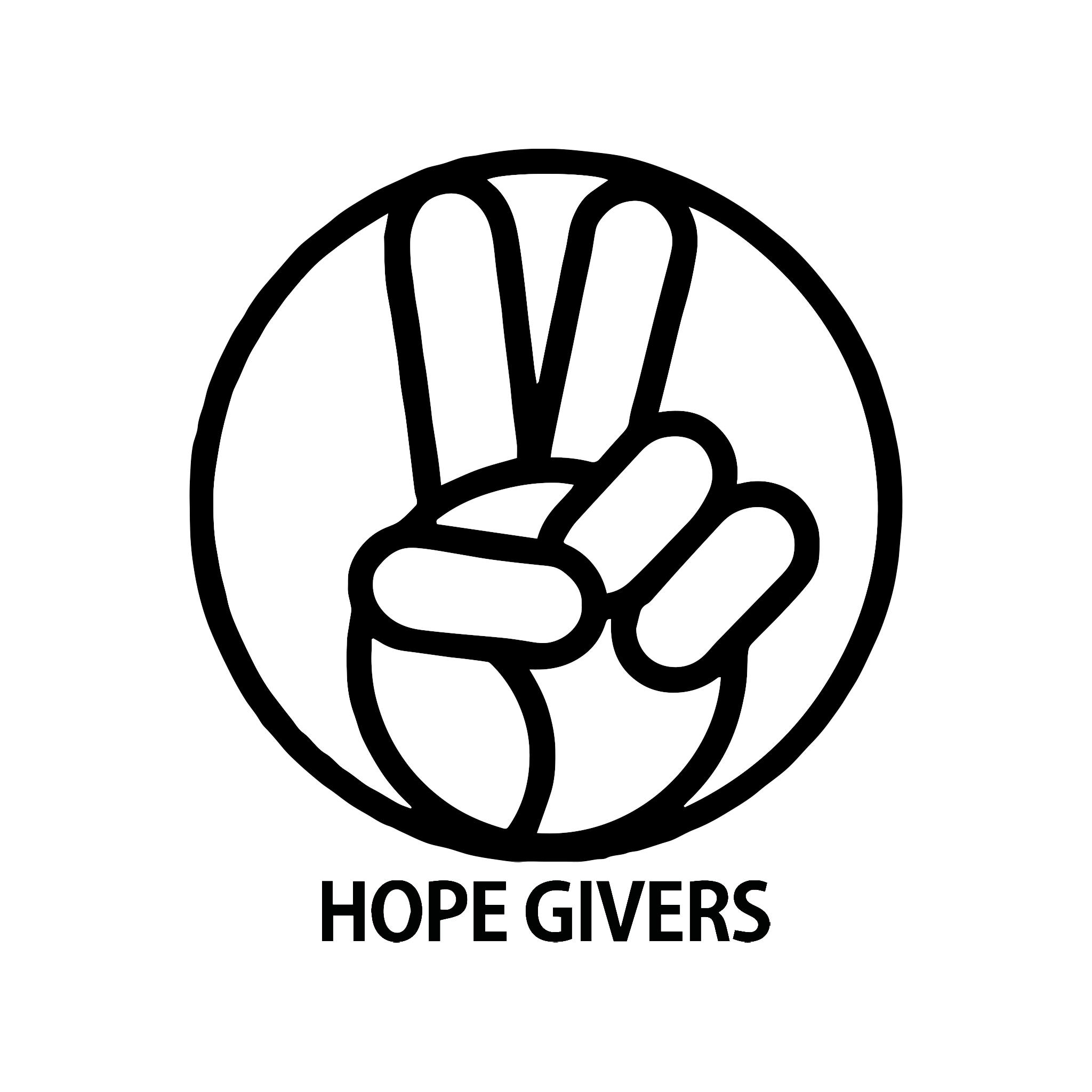
Hope Givers Student Gaming Award: a $1,000 prize will go to a student game created by a student or group of students, age 13 or older, that are enrolled in middle or high school during the contest period. The Hope Givers Student Gaming Award will be divided equally between the entrant and their school. This is in addition to any other Winning Entry Prize money for that game.
Thank you to Hope Givers for sponsoring this special prize for a middle or high school student!
Finalist Prize: each Finalist who successfully submits an eligible connectedness game will receive a minimum of $100.
Winning Entry Prize: the remaining pool of money will be distributed to the Winning Entry(ies). At least one winning game will receive at least $3,000 in prize money.
Example scenario: There are ten eligible Finalists which include two student entries. Of these Finalists, three games receive scores from the judges indicating first, second, and third place. Neither of the student entries are among the Winning games. In this case:
Here are a few ideas. You can use these ideas or not, our goal is to encourage you to think of the many ways that video games could be effective at conveying the importance of social connectedness.
AThe setting is a school and the player is a student. The player has the ability to customize the avatar; this allows them to create a character that looks like themselves if they so choose. They interact with non-player characters about typical issues that students face. The game is not limited to the school but also includes their family life and social life. As they interact with other game characters they have dialogue choices which help to drive the narrative. The dialogue choices they select matter to the story, allowing for multiple outcomes and encouraging game replays. Messages about the importance of social connectedness are generally straightforward and players can experience the difference between a life filled with connections and one without.
BThe setting is not important in the game, but the goals and the means to reach those goals are. This is a pass-and-play game where players take turns participating in the game. Unlike many games though, this game is focused on cooperation. The game has goals and constraints but rather than trying to compete against another player, the players are working collaboratively to overcome the challenges presented by the game. Each player-character has unique attributes or skills that can help to overcome the challenges. Although the value of their skills might not be immediately obvious, it becomes clear over time that the players can only succeed by relying on one another.
CThe setting is unclear, as are the ultimate objectives. The process of understanding the game and its meaning are more important than the mechanics of the game. The player is sufficiently challenged and intrigued to continue playing the game but it is not immediately clear how this is related to connectedness. Over time the player will realize that the cozy, but otherwise trivial activities are providing space through which the game's true meaning is allowed to reveal itself.
DThe setting is a fantasy world and the player is an aspiring ■■■■■■■. Through a series of seemingly contrived circumstances they find that they are the only one who can ■■■■■ ■■■ the ■■■■ despite their inability to ■■■. As the player explores increasingly diverse locations and challenges they come to realize that their inability to ■■■ is not the liability that it had appeared to be but is instead a blessing. And as this newfound knowledge allows the player to finally ■■ ■■■ ■■ they realize that those previous circumstances which seemed so painfully contrived actually make perfect poetic sense.
No purchase necessary to enter or win. Void where prohibited. Entry in this contest constitutes your acceptance of these official rules.
The 2024 Life.Love. Game Design Challenge (the "Contest") is designed to encourage participants ("Entrant(s)" or "You") to use their creativity to create their own video game that helps players of the game: be more aware of the importance of being socially connected with their peers, families, and communities; be better informed about skills and attributes that support greater connectedness; become more confident in identifying and utilizing real-world strategies, tips, and skills which will assist them in becoming more connected to their communities and to the people in their lives in the real world; and want to be connected to their communities and to the people in their lives, especially for those players in the approximate age range of 11 - 22 years of age (the "Target Age Group"). Entrants who are age 13 or over and current middle or high school students (U.S. grades 6th through 12th), or the equivalent in their respective countries, during the Contest Period ("Student Entrant(s)") will be eligible for a special prize ("Student Prize") only available to Student Entrants. Life Love Publishing and/or its representatives will select Finalists ("Finalists") from all eligible entries submitted in Round One. Special consideration will be given to Student Entrants to ensure their representation among the Finalists. Finalists will be eligible to participate in Round Two and will submit completed games. Judges will choose the winning entries from the Round Two eligible Finalist submissions and prizes will be awarded in accordance with these Official Rules (these "Rules").
### End of Rules (February 29, 2024) ###
The Life.Love. Game Design Challenge is an annual game design contest focused on violence prevention. The contest is open to game designers and game developers around the world. Entries have been received from six continents! Designers and developers are invited to create prosocial video games intended to engage, educate, and empower game players. This contest is from the award-winning Gaming Against Violence program presented by the nonprofit 501(c)(3) charity Jennifer Ann's Group. The games are published, localized, and maintained by Life Love Publishing.
Violence is a public health issue and games are an effective approach at engaging young people about serious and complex issues. Jennifer Ann's Group is a non-profit organization working to prevent violence since 2006 in memory of high school student Jennifer Ann Crecente.
Although traditional outreach programs about violence prevention are available, many schools lack the funding to implement these programs and so Jennifer Ann's Group considered how to leverage technology to reach and help young people at no cost. Given the popularity of video games -- especially among young people -- Jennifer Ann's Group launched the first annual Life.Love. Game Design Challenge in 2008, challenging video game designers to create prosocial games intended to prevent dating violence. In 2024, for the 17th annual Life.Love. Game Design Challenge, the focus is on championing and supporting the value of connectedness for young people to help them be better engaged with their peers, families, and communities. Greater social connections will lead to better outcomes for themselves, their communities, and society.
In the years since launching the contest it has become increasingly clear that games are fantastic tools for engaging players in uniquely compelling ways. As compared to traditional methods: players more easily understand complex, nuanced issues; they become invested and engaged in the success of the game's outcome; and they can safely explore and experience difficult situations in context.
Every year since 2008 Jennifer Ann's Group has presented an annual game design competition. This annual contest encourages developers to create games about selected themes intended to help young people in the short term and benefit society in the long term. These intentionally designed prosocial games foster protective factors that, among other things, help protect young people from violence. The games that come from this annual competition engage, educate, and empower young people around the world.
ADRIFT (consent) | Quinn Crossley and Andrew Connell | USA
Culture Overlord (cultural influences, healthy relationships, media literacy) | Lucas Vially | France
Figure it Sprout (critical thinking) | Quang Nguyen, David Li, Gaby Sanchez, Kitty Huang, and Isaac Orozco | USA
Grace's Diary (teen dating violence prevention, bystander awareness) | GP Touch | Thailand
HONEYMOON (healthy relationships) | Sandra Lara Castillo | England
Lamplight Hollow (gaslighting, bystander awareness) | Luciano Sgarbi | England
MushWhom? EDU (critical thinking) | Collin Lang, Knitwit Studios | USA
One New Message (resilience/stress management) | Eloise Best | England
Rispek Danis (consent, healthy relationships) | Jared Sain | USA
Stuck in a Dark Place (consent) | Another Kind | Belgium
UnEarth (resilience/conflict resolution) | Robin Ghosh | Canada